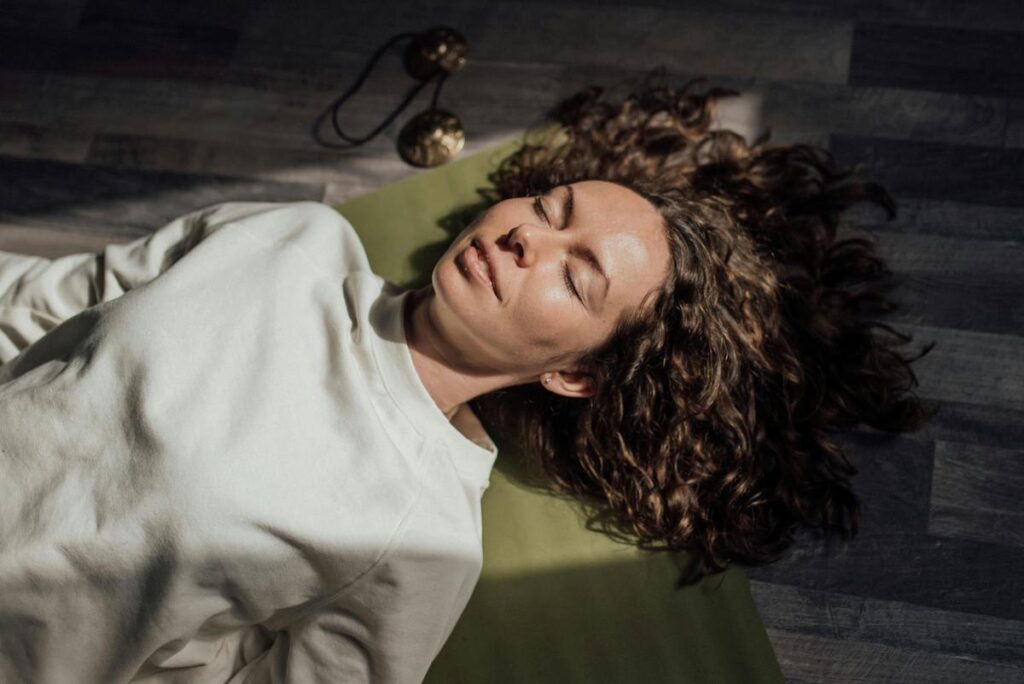Recreational Therapy for Mental Health
Healing for Women Through Movement: The Power of Recreational Therapy for Mental Health
The Role of Recreational Therapy in Mental Health
Recovery is more than just overcoming or managing mental health symptoms—it’s about rediscovering joy, rebuilding confidence, and learning to live a fulfilling life. Many women entering treatment have spent years feeling disconnected from themselves, their interests, and their ability to enjoy life. Recreational therapy helps bridge that gap, offering a way to heal through movement, creativity, and social connection.
At The Wave of Clearwater, recreational therapy is an essential part of the recovery process. It goes beyond traditional talk therapy, allowing women to engage in activities that promote emotional expression, stress relief, and personal growth. By incorporating structured recreational experiences into treatment, we help women reconnect with their bodies, minds, and emotions in a way that feels natural and uplifting.
This type of therapy isn’t just about having fun—it’s a research-backed approach that helps improve mental health, build self-esteem, and develop healthy coping skills. Whether it’s through art, outdoor activities, or group challenges, recreational therapy provides a sense of purpose and fulfillment that many women have been missing.
Breaking Free from Stress and Isolation
Substance use and mental health challenges often lead to isolation. Many women struggle to engage in social situations, feeling disconnected from the world around them. Recreational therapy helps break that cycle by encouraging positive social interactions in a safe, supportive environment.
Group activities allow women to practice communication, teamwork, and trust-building—skills that are essential for long-term recovery. Participating in recreational therapy helps reduce stress, ease anxiety, and improve mood by promoting natural endorphin release. Many women in early recovery experience high levels of stress, and physical movement or creative expression can serve as powerful tools for emotional regulation.
For those struggling with trauma or anxiety, recreational therapy offers a non-verbal way to process emotions. Activities like yoga, art, and music therapy allow women to explore their feelings in a way that feels safe and manageable. This approach helps break down emotional barriers and fosters healing in a unique and effective way.
Finding New Outlets for Joy and Expression
One of the biggest challenges in recovery is learning how to enjoy life without relying on substances or destructive behaviors. Many women have lost touch with hobbies, interests, and personal passions. Recreational therapy helps reignite those sparks, offering new ways to experience fulfillment and personal satisfaction.
Physical activities like hiking, yoga, and dance allow women to reconnect with their bodies in a positive way. Creative outlets such as painting, music, and writing provide emotional expression and self-discovery. Outdoor experiences help build a sense of connection to the world, while mindfulness-based activities promote relaxation and inner peace.
Through these experiences, women begin to rebuild confidence in themselves. They discover strengths they didn’t know they had, develop new interests, and start to see a future filled with possibility. This transformation is an essential part of recovery, helping to replace old habits with positive, healthy alternatives.
Your journey to healing starts here, with support and understanding.
Building Confidence and Overcoming Challenges
Recreational therapy offers a unique way for women to challenge themselves in a safe and supportive environment. Many activities encourage problem-solving, resilience, and stepping outside of comfort zones—all valuable skills for long-term recovery.
For some, this might mean trying a new activity like rock climbing or paddleboarding. For others, it could be as simple as participating in a group exercise class or leading a creative project. These experiences foster a sense of achievement and self-worth, reinforcing the idea that challenges can be overcome.
This aspect of therapy is particularly important for women recovering from trauma or low self-esteem. Engaging in new activities, learning new skills, and seeing personal progress helps shift negative self-perceptions into more empowering ones. Over time, this confidence extends into other areas of life, making it easier to face obstacles and maintain long-term recovery.
The Mind-Body Connection in Recovery
Healing isn’t just about talking through emotions—it’s also about how the body processes stress, trauma, and experiences. Recreational therapy taps into the mind-body connection, allowing women to engage in activities that promote both physical and emotional well-being.
Movement-based therapies like yoga and tai chi help reduce tension and increase body awareness. Outdoor activities such as hiking or horseback riding provide a sense of grounding and connection to nature. Art and music therapy offer emotional release and encourage self-expression.
These experiences help women feel more in tune with themselves, making it easier to recognize emotional triggers and develop healthier ways to cope. Rather than relying on substances or unhealthy behaviors to deal with stress, women learn to channel their emotions through movement, creativity, and mindfulness.

Developing Healthy Coping Strategies
One of the primary goals of recreational therapy is to provide women with practical, sustainable ways to manage stress, anxiety, and emotional triggers. By introducing activities that promote relaxation and self-care, we help women build a toolbox of coping strategies they can carry with them beyond treatment.
Recreational therapy teaches women how to:
Find healthy outlets for stress and frustration
Develop hobbies and activities that bring fulfillment
Strengthen social connections and support networks
Build physical and emotional resilience
Embrace new challenges with confidence
These skills make it easier to navigate life’s ups and downs without turning to harmful coping mechanisms. Whether it’s a calming yoga session, a group hike, or a creative art project, recreational therapy provides a solid foundation for long-term wellness.
How The Wave of Clearwater Incorporates Rec Therapy
At The Wave of Clearwater, we integrate recreational therapy into our treatment programs to ensure a well-rounded, engaging recovery experience. Our approach is tailored to the needs of each woman, offering a variety of therapeutic activities that promote healing and personal growth.
Women in our programs have access to:
Yoga and mindfulness-based movement
Outdoor activities such as hiking and nature walks
Creative therapies like art, music, and journaling
Group-based recreational games and team-building exercises
Stress-relief techniques that incorporate movement and breathwork
Embracing a Life of Joy and Wellness
True healing isn’t just about overcoming the past—it’s about creating a future filled with purpose, passion, and joy. Recreational therapy helps women reconnect with themselves in a way that feels natural and uplifting. By engaging in activities that promote self-expression, movement, and social connection, women develop the skills and confidence needed for a fulfilling life in recovery.
If you or a loved one is ready to embrace a new path toward healing, The Wave of Clearwater is here to help. Contact us today to learn more about our approach to recovery and how recreational therapy can support long-term wellness.
